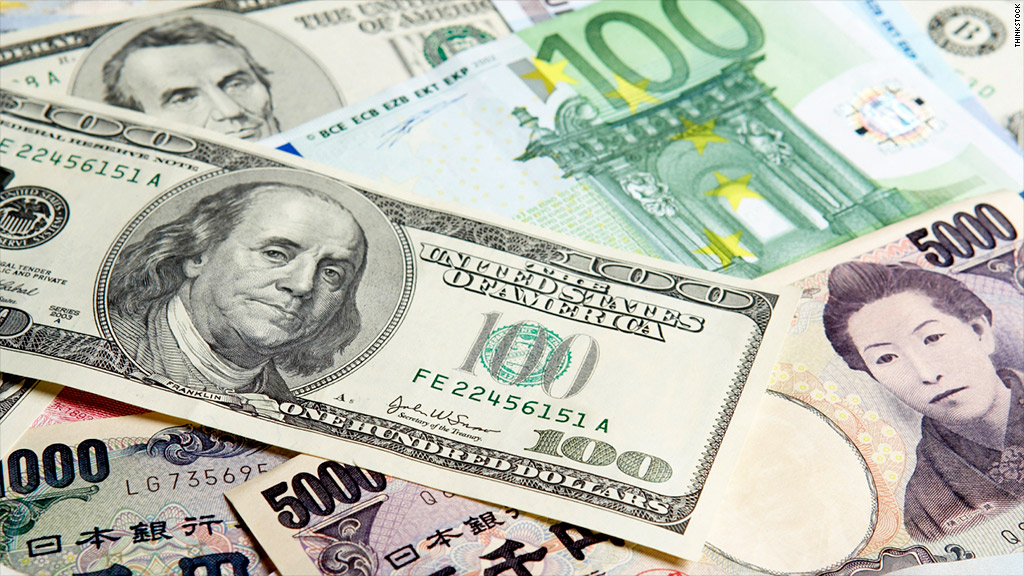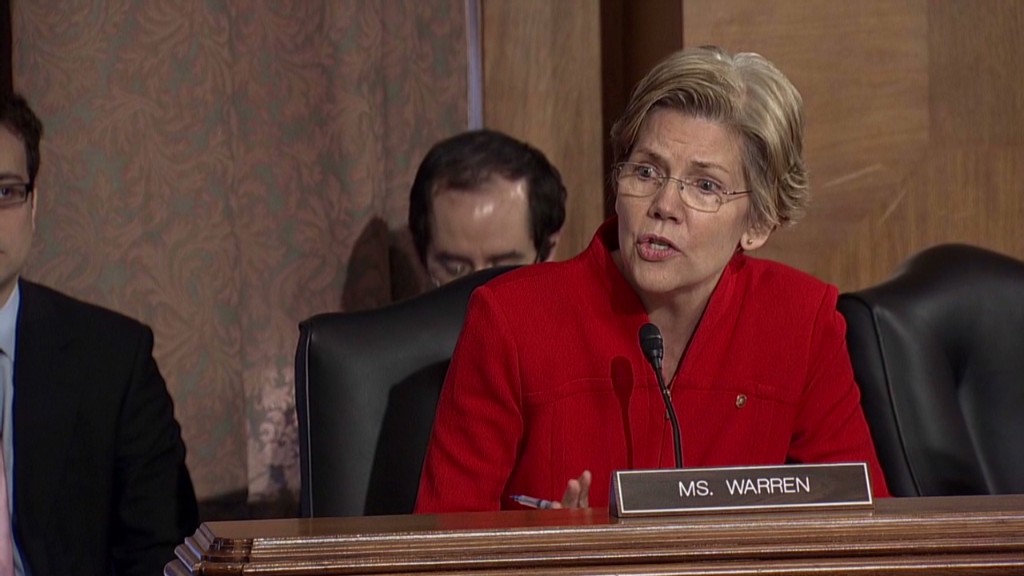
Michael Klein is a non-resident senior Fellow at the Brookings Institution and the William L. Clayton Professor of International Economic Affairs, Fletcher School, at Tufts University.
Yes, the yen has weakened and the pound has gotten pounded, but worries about an all-out currency war may be overblown.
There's a perception that some countries' economies are being harmed by currency movements that have been undertaken to gain an unfair advantage.
That may be a bit misguided.
In the United States, the threat of a fiscal contraction due to sequestration has prompted the Federal Reserve to take actions that could weaken the dollar.
Signals suggest that the new head of the central bank in Japan will pursue a more expansionary policy in an effort to stimulate that country's long-moribund economy.
These actions are taken for purely domestic reasons, but they could have consequences for currencies.
In anticipation of frictions that could arise, there was an agreement by the G-20 nations at the recent Moscow summit to refrain from so-called competitive devaluations.
Related: G20 pledge: No currency war
But, since then, governments such as South Korea and New Zealand have signaled a desire to pursue explicit policies to weaken currencies, or even to impose capital controls.
As was the case with Brazil a few years ago, the current concerns and frustrations of countries like South Korea and New Zealand are understandable.
Competitive devaluations have a checkered history, and efforts to impose capital controls to stem appreciations have little chance of success.
'Currency wars' was coined by Brazilian finance minister Guido Matega two years ago, when the real appreciated by 10% against the U.S. dollar within a four-month period.
That strength was threatening the Brazilian export sector and, more broadly, the growth of the Brazilian economy.
But it's hard to make the case that the strength of the real was a direct consequence of hostile intent by the Federal Reserve to cheapen the dollar and gain an advantage.
The Fed did undertake an aggressive program to rescue the American economy, and the dollar did depreciate against the real, but at the same time the dollar appreciated against other major currencies.
Probably the most important factor behind the real appreciation was the relative strength of the Brazilian economy at a time when advanced economies were in the throes of the Great Recession.
International capital flowed to Brazil in response to its relative robustness, and also because long-standing capital controls in other countries, notably China, prevented capital from flowing there.
Later, as the Brazilian economy cooled, the real depreciated by 35% during the second half of 2012, even though the Federal Reserve stepped up its aggressive monetary policy.
Nevertheless, Matega's frustration at the time of the real appreciation was understandable.

Brazilian policy choices were limited. A monetary expansion might weaken its currency, but it would also have likely led to inflation that would have offset any currency depreciation. The authorities turned to capital controls.
But these episodic controls, unlike the long-standing ones in China, did little to stem the appreciation of the currency.
While there are few easy solutions these days, an appropriate response would include stimulus from countries with the fiscal space to undertake these types of policies. And that's how currency war fears can be defused.


